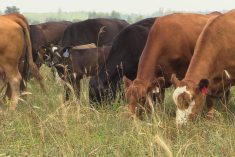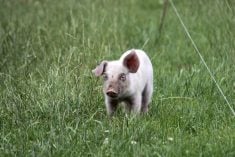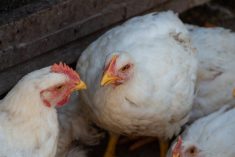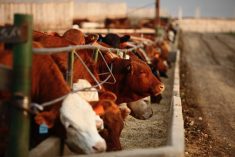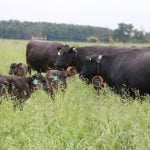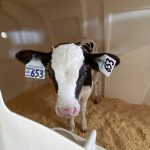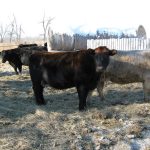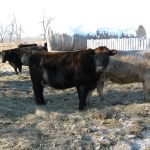Glacier FarmMedia—Nine new projects have received a collective $1.43 million in funding through the Beef Cattle Research Council’s next call for study proposals. The projects are also backed by more than $3.1 million from additional sources, the organization has said.
The BCRC says the projects are targetted at areas that will help maximize the impact of investments producers make on their operations. That included projects exploring animal health, feed efficiency and food safety.
Applied research plays a key role in helping producers make on-farm decisions and adopt strategies that enhance productivity and profitability, said Craig Lehr, BCRC chair and an Alberta beef producer, in a news release Feb. 11.
Read Also
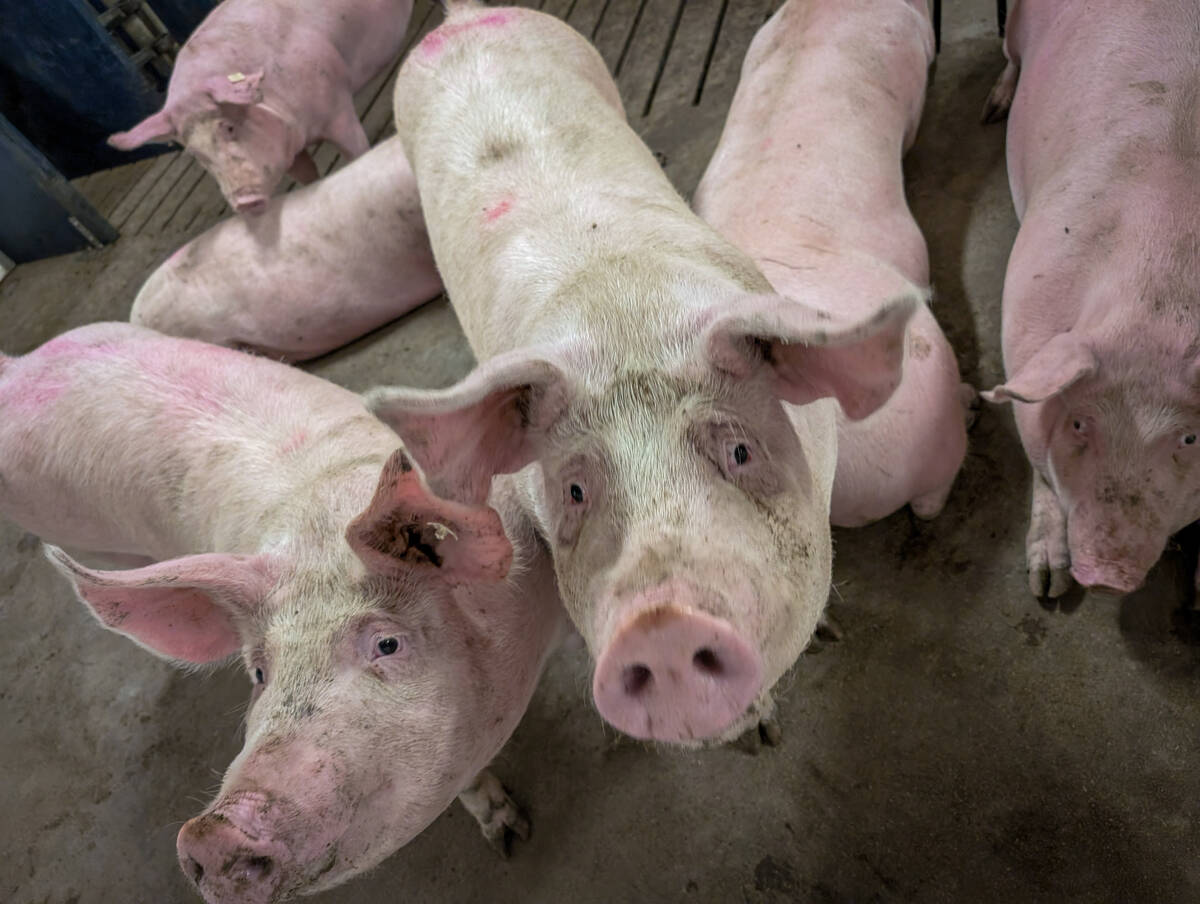
No way to segregate gene edited pigs Canadian Pork Council says as groups call for labeling
Canadian Pork Council says it supports bids to get public acceptance for pigs gene edited for resistance to PRRS as some consumer and agriculture groups call for mandatory labelling.
“Bovine respiratory disease (BRD) and antimicrobial resistance are ongoing issues for the Canadian beef industry. Projects investigating causes and transmission of BRD pathogens and antimicrobial resistance will help inform future prevention and treatment practices,” Lehr said.
Research enhances producer competitiveness by guiding beneficial management practices, said Dean Manning, BCRC vice-chair and a Nova Scotia beef producer.
“Research into animal health, feed efficiency and food safety will contribute to advancing our industry,” he said.
The list of BCRC funded projects was co-funded with Results Driven Agricultural Research. Among them, Jeff Caswell of the University of Guelph is leading a study on how Mycoplasma causes respiratory disease, while Tim McAllister of Agriculture and Agri-Food Canada in Lethbridge is investigating additional bacteria involved in the spread of bovine respiratory disease and antimicrobial resistance.
Cheryl Waldner, with the University of Saskatchewan’s Western College of Veterinary Medicine, is exploring whether early supplementation can correct copper deficiency and improve health outcomes in newly arrived feeder calves. Meanwhile, Sheryl Gow, also of the veterinary college, is conducting surveillance on antimicrobial use and resistance in Canadian feedlot cattle.
Several projects focus on feed efficiency, including research by McAllister on probiotic approaches to enhance rumen microbial activity. Gabriel Ribeiro, of the University of Saskatchewan, is studying the impact of fibre digestion efficiency on cattle growth performance, methane emissions and carcass characteristics, in relation to genetic makeup. Nii Patterson of the National Resource Council is investigating the use of laser technology for rapid feed testing.
In food safety, Kim Stanford of the University of Lethbridge is leading a project on biofilms, while Argenis Rodas-González of the University of Manitoba is developing augmented-reality live-stream video software for remote ante- and postmortem meat inspections.




